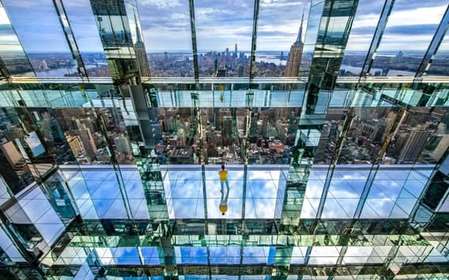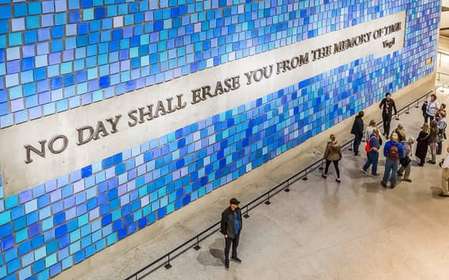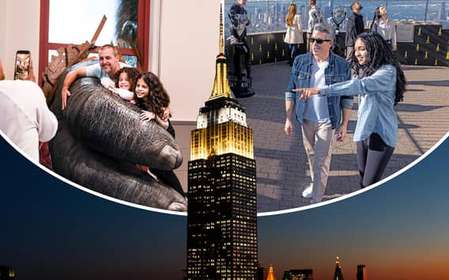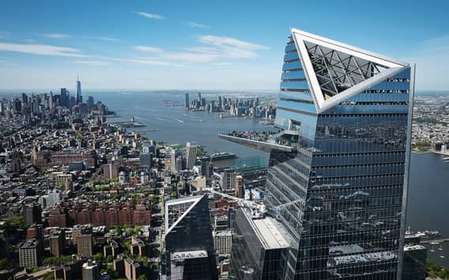- Home
- Useful Tips
- The UN Headquarters in New York
Visiting the United Nations Headquarters in New York is a dream for many travelers, but navigating the logistics can quickly turn excitement into frustration. Over 1 million annual visitors face unpredictable wait times, confusing security protocols, and last-minute tour cancellations – with 23% reporting disappointment due to poor planning according to NYC tourism surveys. The complex's dual role as working diplomatic hub and tourist attraction creates unique challenges, from strict ID requirements to limited same-day access. First-time visitors often waste precious vacation hours in lines or miss key exhibits like the General Assembly Hall, unaware that simple preparation steps could transform their experience. This isn't just about seeing another landmark; it's accessing living history where global decisions unfold daily – an opportunity too valuable to leave to chance.
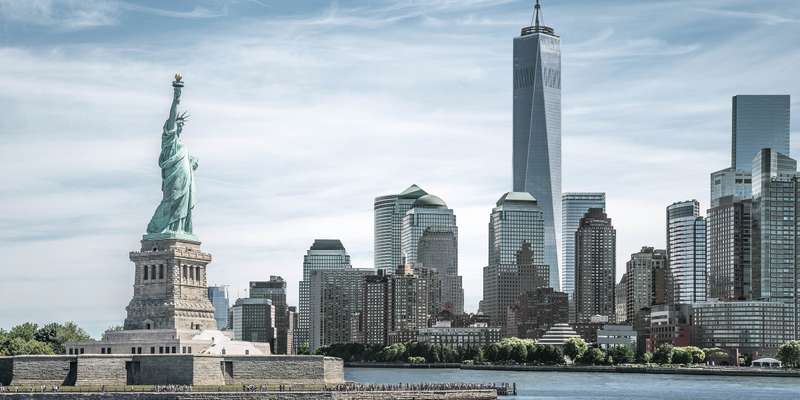

Avoiding the biggest UN visit mistake: timing your tour wrong
The UN Headquarters operates on a complex schedule influenced by diplomatic events, security considerations, and seasonal demand. Arriving without checking the official calendar means risking closed sections or, worse, complete closure to visitors – a heartbreaking scenario after queuing for hours. Mornings between Tuesday and Thursday typically offer the most reliable access, as Monday often sees preparatory meetings while Fridays host delegations departing for weekend commitments. Summer months require extra vigilance; while July and August see peak tourism, the building may close unexpectedly for high-level summits. Savvy travelers cross-reference three elements: the UN meetings calendar, NYC school holiday schedules (which affect local crowd levels), and their own accommodation location. Those staying in Midtown can capitalize on 8:30 AM entry slots before day-trippers arrive, while Brooklyn-based visitors should target late afternoon slots when morning tour groups have dispersed.
Securing UN tour tickets without the stress: your options explained
While walk-up tickets are technically available, relying on this option leaves your visit to fate – approximately 65% of same-day tickets sell out by 10 AM according to visitor center data. The reservation system rewards planners: online bookings open 90 days in advance through the official portal, with multilingual tour slots disappearing fastest. For those seeking flexibility, the UN's partnership with authorized vendors offers cancellation protection unavailable through direct booking. Budget-conscious travelers should note that while children under 5 are free, all visitors must present original IDs (copies aren't accepted), a requirement that catches many families unprepared. Specialized tours like the 'Behind the Scenes' access require additional documentation checks, but provide unparalleled access to areas like the Trusteeship Council Chamber. Remember that ticket prices contribute directly to UN maintenance and outreach programs, making your visit both an educational and philanthropic experience.
Navigating UN security like a diplomat: what to bring (and leave behind)
The UN's security protocols surpass typical NYC attractions, with requirements closer to airport screening than museum visits. Every adult visitor must present government-issued photo ID – passports are ideal, but driver's licenses with secondary proof of identity often suffice for domestic travelers. The most common reason for denied entry isn't security threats but prohibited items; large bags (exceeding 14x13x4 inches), tripods, and even certain notebook sizes will send you scrambling for nearby storage lockers. Smart preparation involves using your hotel safe for unnecessary valuables and carrying only essentials in a clear bag. Those with medical needs should contact the UN's accessibility office 72 hours prior, as last-minute accommodations are limited. Photography enthusiasts will appreciate knowing that while most areas allow non-flash photos, the Security Council chamber prohibits all photography when in session – a rule even veteran journalists must follow.
Beyond the guided tour: maximizing your UN Headquarters experience
The standard tour covers impressive ground, but true UN aficionados can deepen their experience through several often-overlooked opportunities. The visitor center's rotating exhibits frequently feature powerful installations from UN agencies – recent highlights included original Rwandan Genocide artifacts and climate change demonstrations. The Dag Hammarskjöld Library (open to researchers by appointment) holds historic documents including the first UN Charter drafts. For dining with a purpose, the Delegates' Dining Room serves sustainably sourced meals when not reserved for diplomatic functions, offering rare public access to spaces where deals are made. Nearby, the UN Postal Administration issues stamps valid only from UN headquarters, making for unique souvenirs. Evening lectures at the ECOSOC Chamber occasionally open to the public with advance registration, while the serene Meditation Room provides respite from the city's chaos. These hidden dimensions transform a standard tour into a multidimensional understanding of global diplomacy.
